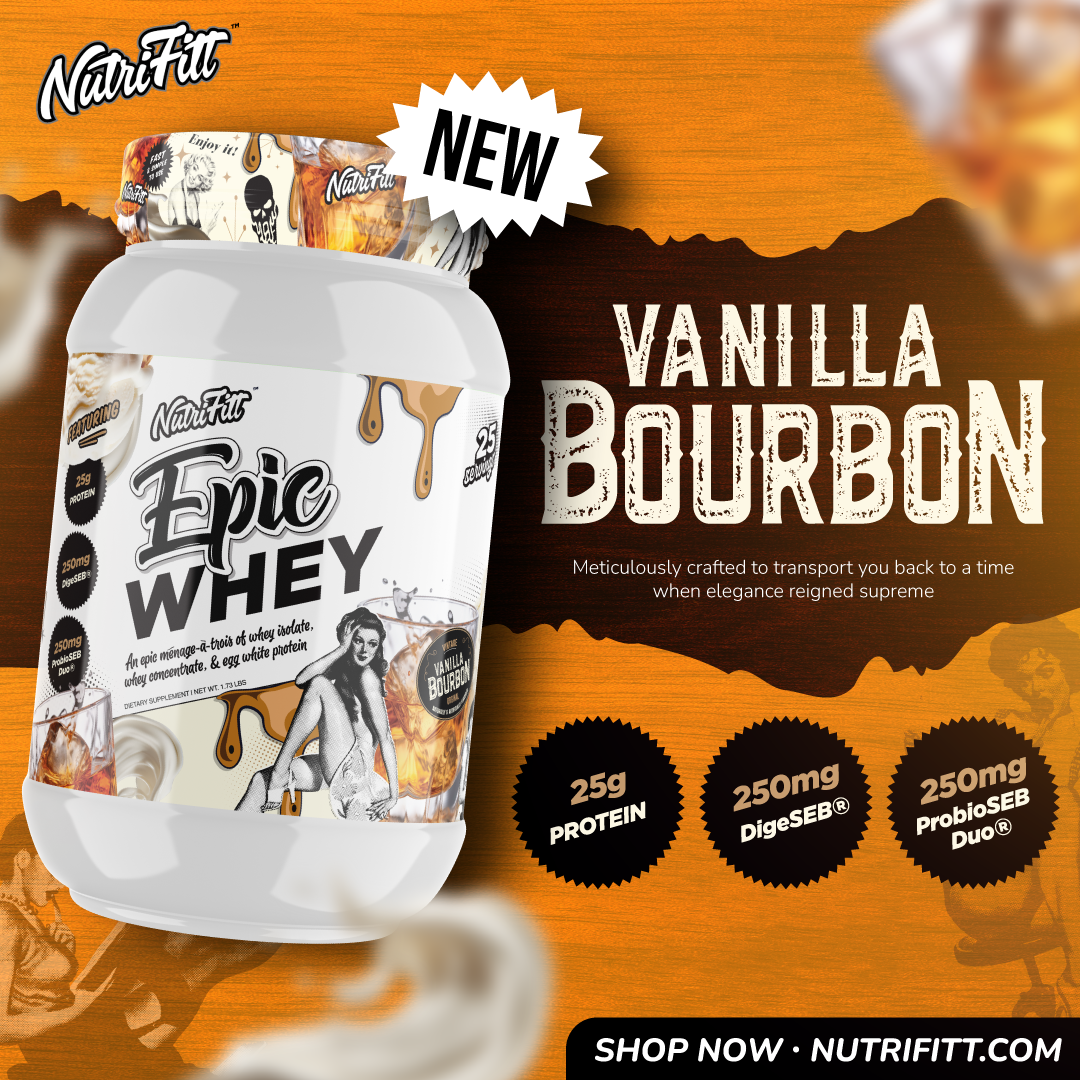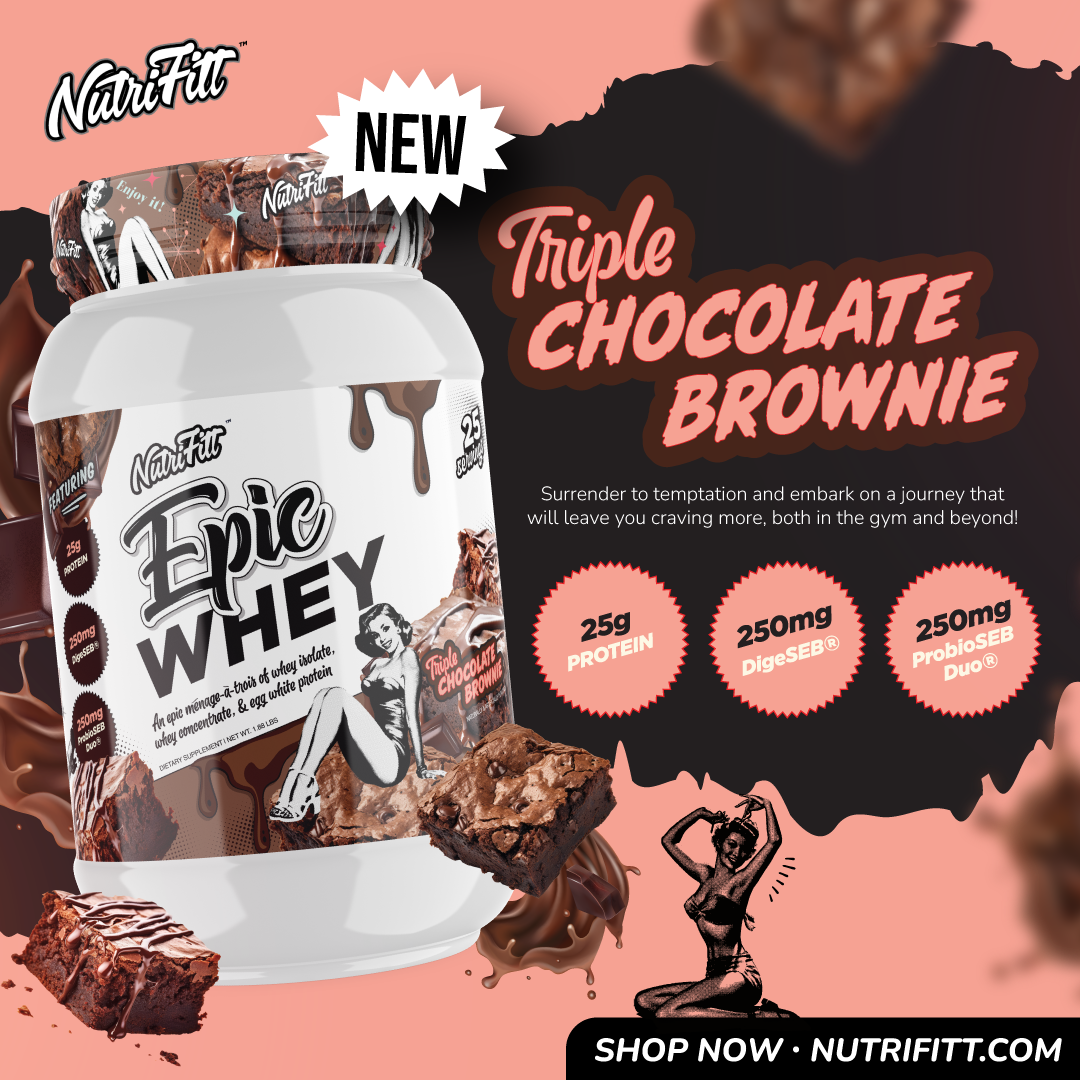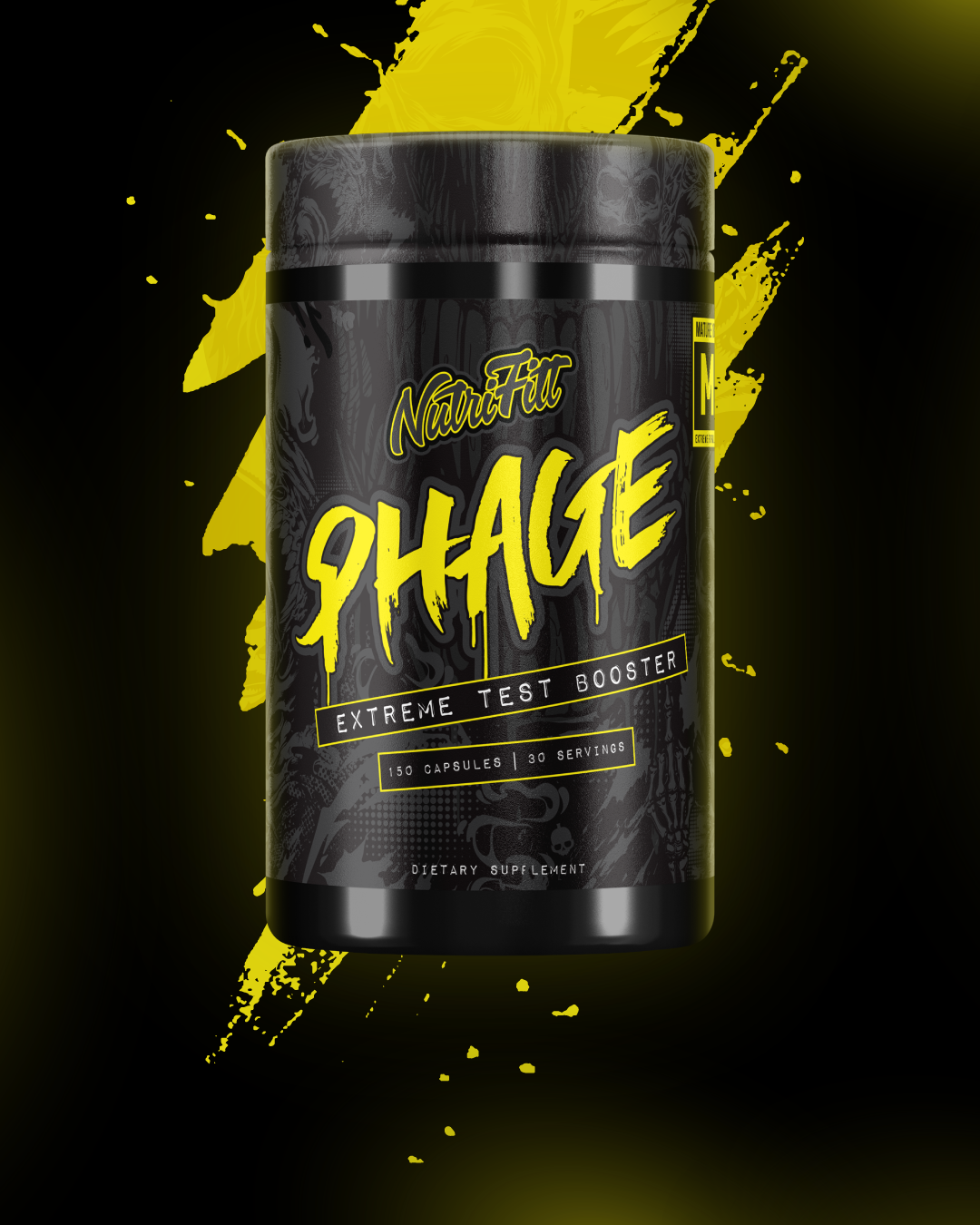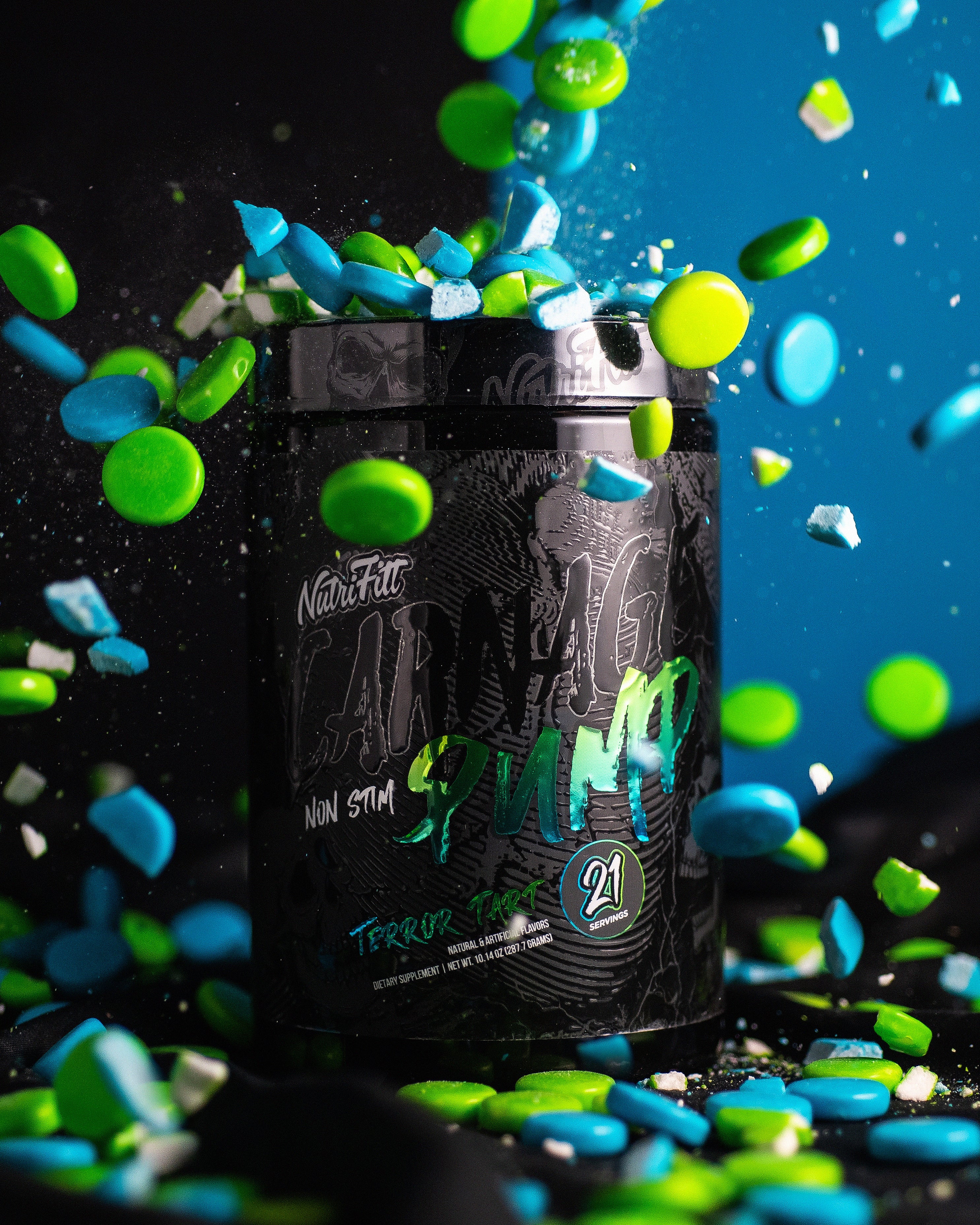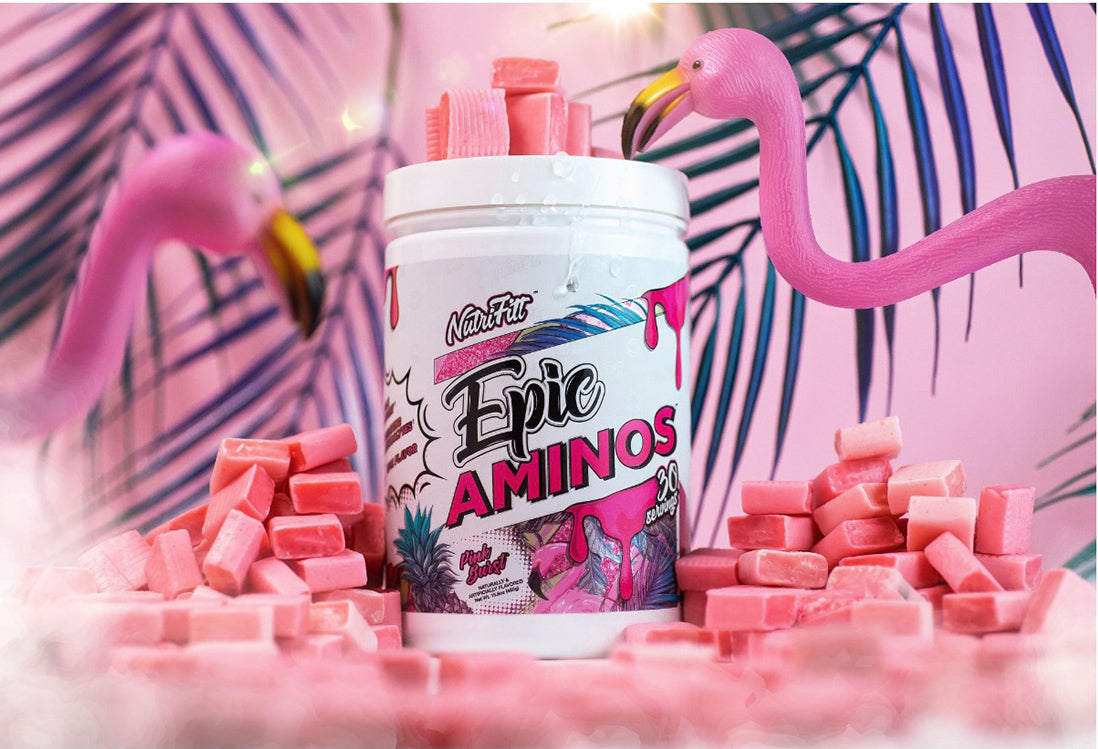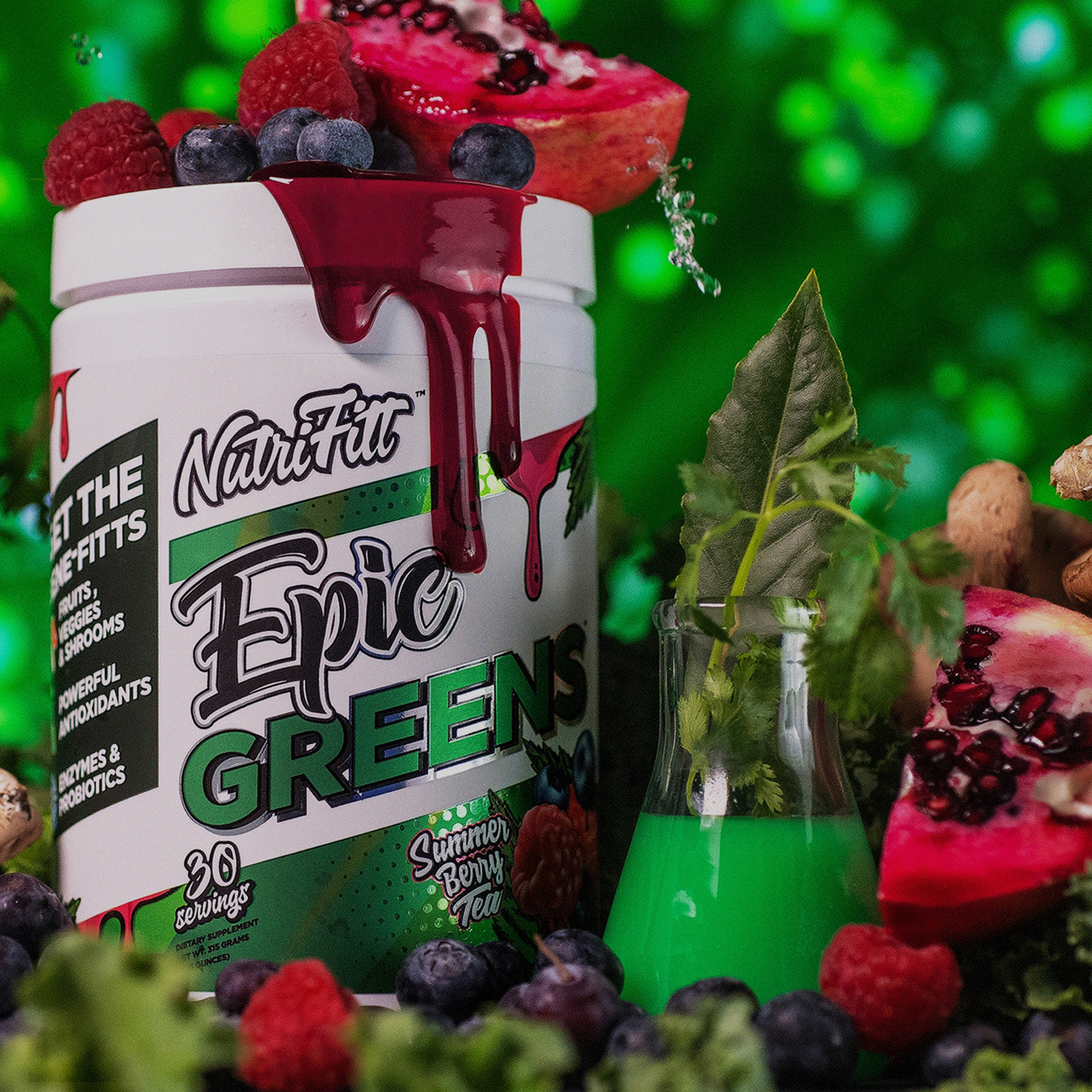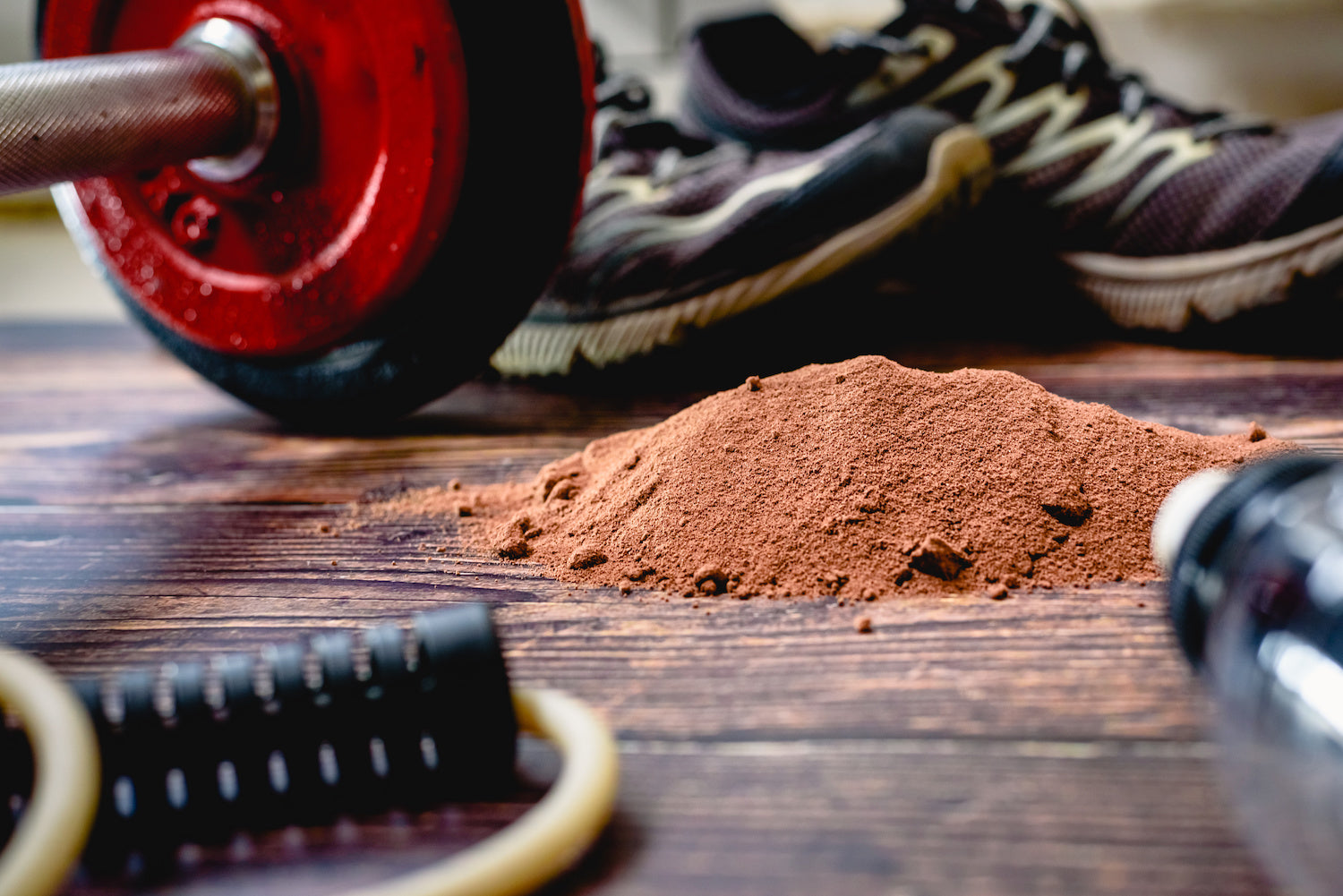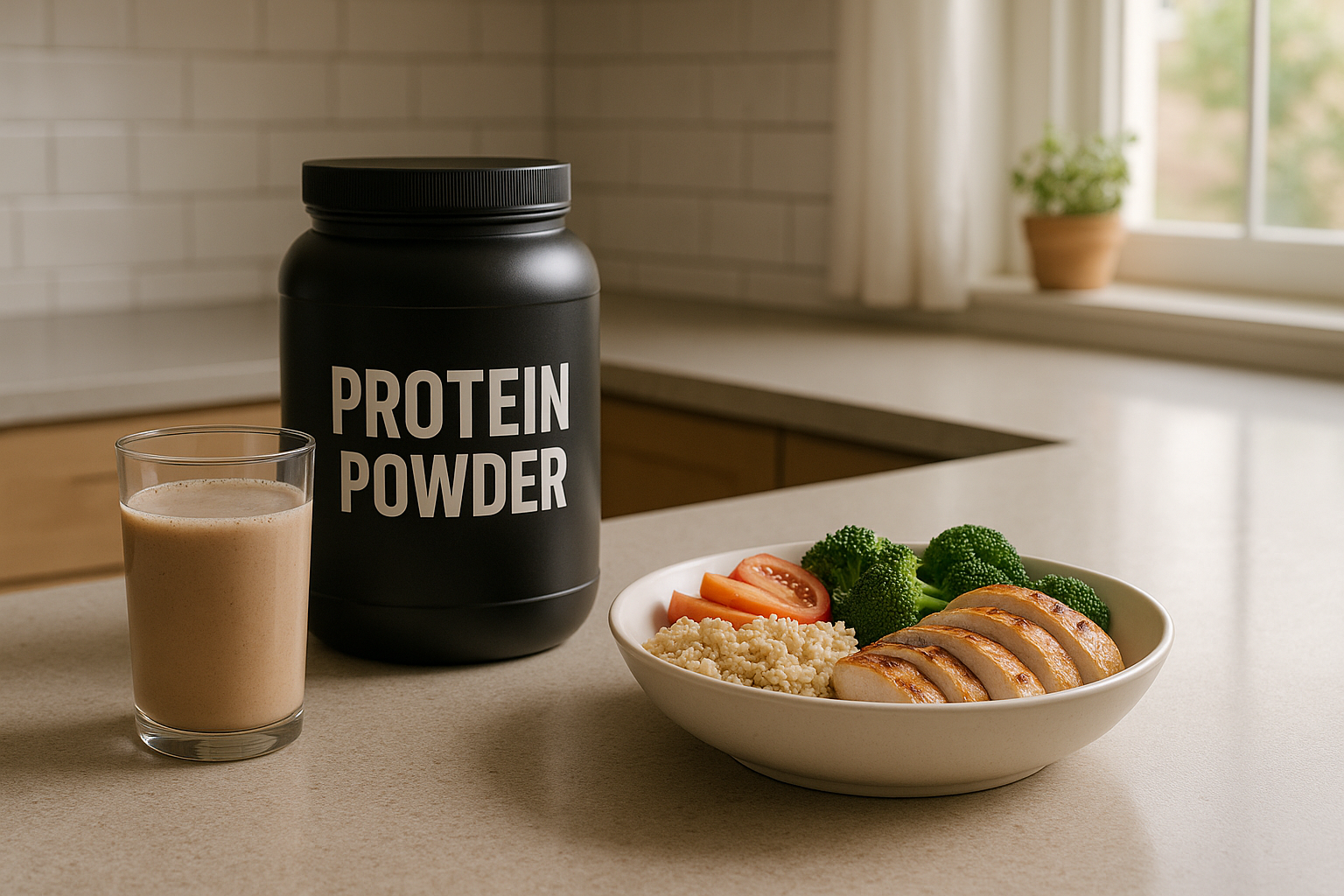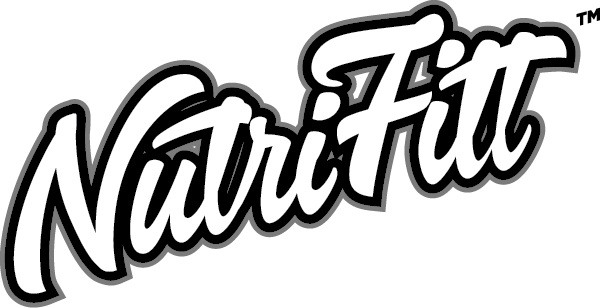
Understanding What Causes Muscle Hypertrophy
Muscle hypertrophy is a term that resonates with anyone involved in fitness and bodybuilding.
But what exactly triggers this increase in muscle size and strength?
Exploring how our bodies transform during resistance training sheds light on the mechanisms behind gains, aiding in effective goal achievement.
The Science Behind Muscle Hypertrophy
Muscle hypertrophy isn't just about lifting weights. It's a complex biological process influenced by several key things. At its core, hypertrophy is the enlargement of muscle cells, a response to the specific challenges we put our muscles through.
Mechanical Tension and Its Role in Muscle Growth
Mechanical tension is the cornerstone of muscle hypertrophy. This refers to the force generated within a muscle during contraction against an external resistance. This tension creates a cascade of cellular events, signaling the body to fortify muscle fibers for future demands. By consistently applying mechanical tension through exercises like weight lifting, we set the stage for muscle fibers to grow thicker and stronger, contributing to overall muscle mass.
Metabolic Stress and Its Impact on Hypertrophy
Metabolic stress might sound detrimental, but in terms of muscle building, it's a powerful ally. As we engage in high-intensity workouts, our muscles accumulate metabolites, such as lactate, that contribute to the burn we feel during exercise. This buildup isn't just a marker of exertion—it also signals the body to adapt. Metabolic stress can trigger hormonal responses and enhance the recruitment of muscle fibers, both of which are instrumental in promoting muscle hypertrophy.
Muscle Damage: The Key to Repair and Growth
Muscle damage, often experienced as soreness after a rigorous workout, is a critical component of muscle hypertrophy. The micro-tears that occur in muscle fibers during intense exercise initiate a repair process. Our bodies not only mend these tears but also reinforce the muscles, making them more resilient and larger than before. This adaptive response is essential for achieving long-term muscle growth.
Hormonal Responses and Their Influence on Hypertrophy
Hormones are pivotal in building muscle, serving as chemical messengers that regulate tissue growth and repair. Resistance training stimulates the release of anabolic hormones such as testosterone, growth hormone, and insulin-like growth factor 1 (IGF-1), all of which have a hand in muscle protein synthesis. These hormonal responses support the building of new muscle tissue and enhance workout recovery, making them essential for increasing muscle mass.
The Importance of Nutrition for Muscle Growth

Essential for muscle hypertrophy, optimal nutrition fuels the body's muscle-building engine. The quality and timing of calories, rather than just quantity, play a crucial role. A well-rounded diet with proteins, carbs, fats, vitamins, and minerals meets the demands of resistance exercise, providing energy for workouts and building blocks for muscle recovery and growth. Prioritizing nutrition ensures our efforts in the gym translate into tangible muscle gains.
Protein Intake: The Building Blocks for Muscle Repair
Protein's role in muscle hypertrophy is crucial. As the muscle's building blocks, proteins supply the amino acids needed for muscle protein synthesis. To meet fitness goals and activity levels, protein intake should be tailored, typically about 0.8 to 1 gram per pound of body weight daily, for optimal muscle growth.
Quality sources like lean meats, fish, eggs, dairy, and some plant-based options provide essential amino acids for recovery and growth. Consistent protein consumption is vital for ongoing muscle repair and an increase in muscle mass.
Rest and Recovery: When Muscle Hypertrophy Occurs
Rest and recovery are pivotal to muscle hypertrophy, with growth occurring not during the lifting of weights but in the rest periods that follow.
It's essential to provide our bodies with the necessary recovery time, including short-term pauses between reps and long-term breaks between sessions for the same muscle groups. Adequate sleep is also important, as that is the time for the body's repair functions.
Balancing training with recovery is key to avoiding overtraining, minimizing the risk of injury, and ensuring peak performance in each workout.
NutriFitt's Epic Muscle Stack: Supporting Muscle Growth

At NutriFitt, we understand the dedication it takes to build muscle, which is why we've formulated the Epic Muscle Stack. This powerhouse combination of supplements is designed to support your muscle growth journey every step of the way.
Our team has harnessed real science to ensure that each product in the stack contributes to the mechanical tension, metabolic stress, and muscle repair processes that drive hypertrophy. Elevate your training experience with the Epic Muscle Stack and unlock your full potential for transformative muscle development.
Frequently Asked Questions
How long does it take to see muscle hypertrophy from resistance training?
The time frame for noticing muscle hypertrophy from resistance training can vary widely among individuals. Many factors come into play, including the intensity and volume of your workouts, your nutritional intake, and your genetic predisposition. Generally, you might start to see changes in muscle size within 6 to 8 weeks of consistent training.
Are there any specific exercises that promote muscle hypertrophy more effectively?
Certain exercises are known to be particularly effective in promoting muscle hypertrophy due to their ability to generate significant mechanical tension and metabolic stress. Compound movements like squats, deadlifts, bench presses, and pull-ups engage multiple muscle groups and can lead to greater overall muscle mass gains.
What role do supplements play in muscle hypertrophy?
Supplements can play a supportive role in maximizing hypertrophy by providing the necessary nutrients that might be difficult to consume in adequate amounts through diet alone. For instance, protein supplements can help you meet your daily protein intake requirements, which are essential for muscle repair and growth. Pre-workout supplements can enhance your energy and focus during training, while post-workout products can aid in recovery. NutriFitt's range of supplements is meticulously crafted to complement your resistance training and nutrition regimen, helping you maximize muscle hypertrophy.

